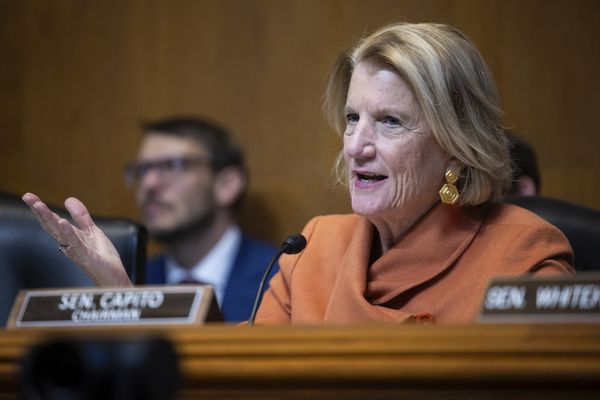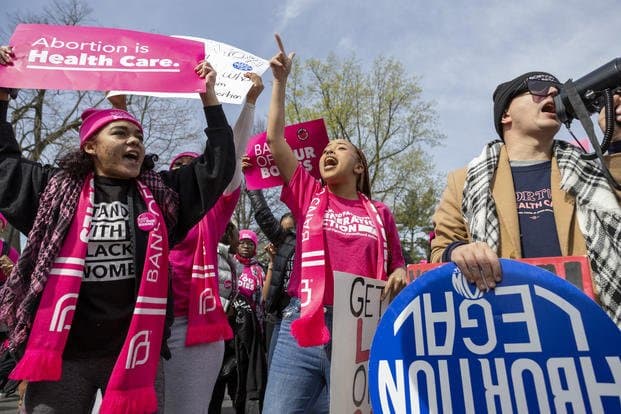The stark reality of healthcare inequity remains unyielding as 8% of the American population continues to lack health insurance in 2023. This statistic is not merely a number; it represents millions of individuals and families who face a daily struggle for access to essential medical services. As reported by the Census Bureau, the uninsured rates vary significantly across age groups and poverty levels, indicating a systemic failure in our healthcare system.
Life Expectancy Rises but Inequities Persist
While life expectancy in the United States has increased to 78.4 years, up from 77.5 years in 2022, this improvement is overshadowed by the persistent health disparities that affect marginalized communities. According to CDC data, the rise is largely attributed to a decrease in mortality from COVID-19 and heart disease. However, these statistics mask the reality that many Americans still die from preventable conditions due to lack of access to healthcare.
Healthcare Access Remains a Human Right
Access to healthcare should be a fundamental human right, yet millions are trapped in a system that prioritizes profit over people. The 8% without health insurance translates to over 26 million individuals who are unable to seek timely medical help. As the National Center for Health Statistics emphasizes, comprehensive health coverage is essential for preventing illness and ensuring a healthy population. The disparities in health insurance coverage reflect broader societal inequities that must be addressed.
\n\n
Newsroom | Global Health | CDC
Consequences of Underinsurance and Uninsurance
The implications of being uninsured are dire. According to studies, individuals without health insurance are less likely to receive preventive care and more likely to suffer from chronic conditions that go untreated. This leads to avoidable hospitalizations and a strain on emergency services, which often bear the burden of uninsured patients. The CDC notes that a more equitable health system would not only save lives but also reduce overall healthcare costs by emphasizing preventive care.
Policy Change is Imperative
It is time for policymakers to prioritize health equity and address the structural barriers that prevent access to healthcare. The current system benefits a select few while neglecting the majority. Implementing universal healthcare solutions could drastically reduce the number of uninsured Americans and ensure that healthcare is a right for all, not a privilege for some. The evidence is clear: a healthier population is a more productive population, which ultimately benefits our economy.
\n\n
Senate hearing looks to kick-start permitting negotiations ...
Call to Action for a Healthier Future
We must demand action from our leaders to create a healthcare system that serves everyone. It is not enough to celebrate increases in life expectancy while ignoring the millions who are left behind. Advocating for health policy reforms that expand coverage and access is essential. Let us unite to push for comprehensive health care reform that guarantees coverage for all Americans, regardless of their socioeconomic status.

![[Video] Anti-ICE Protester Pepper Sprayed as CBP Agents Disperse Crowd in Minneapolis](/_next/image?url=%2Fapi%2Fimage%2Fthumbnails%2Fthumbnail-1768260677127-y71sb7-thumbnail.jpg&w=3840&q=75)

![[Video] Several injured as U-Haul truck drives through Iranian protestors in Los Angeles](/_next/image?url=%2Fapi%2Fimage%2Fthumbnails%2Fthumbnail-1768176682028-q95y6j-thumbnail.jpg&w=3840&q=75)
![[Video] Scuffle breaks out between Trump supporters and Anti-ICE protesters in Times Square](/_next/image?url=%2Fapi%2Fimage%2Fthumbnails%2Fthumbnail-1768165958203-hgcgb-thumbnail.jpg&w=3840&q=75)


![[Video] Gunfire between Iraqi security forces and Sadr militias in Baghdad](/_next/image?url=%2Fapi%2Fimage%2Fthumbnails%2Fthumbnail-1768343508874-4redb-thumbnail.jpg&w=3840&q=75)
